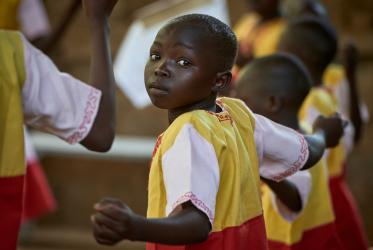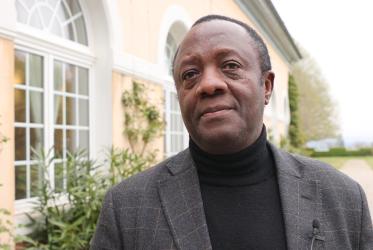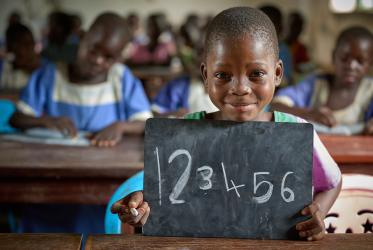Displaying 1 - 20 of 54
Kenyan woman peace-builder wins human fraternity award
14 February 2023
In New York City, the spirit of Thursdays in Black is thriving
06 October 2022
Ukraine: Responding to humanitarian need
08 September 2022


















